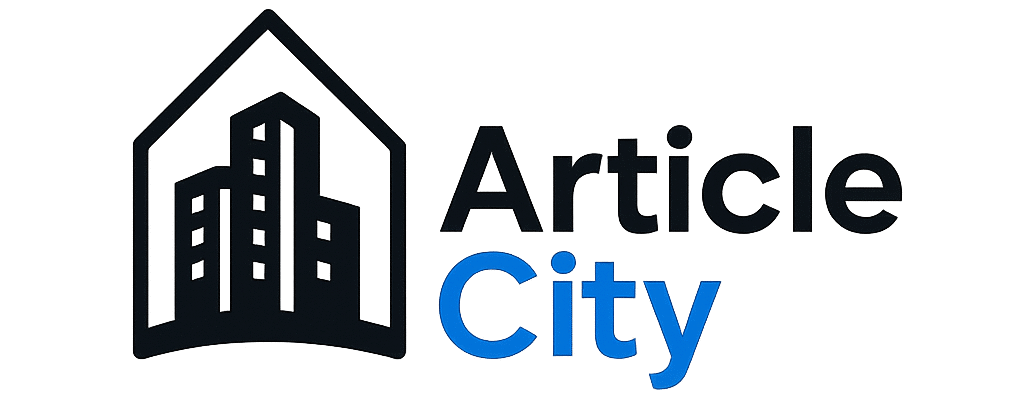5 Productivity Hacks for Writers: How to Stay Focused and Get More Done in 2025
Productivity Hacks for Writers. In the world of writing, time is your most valuable asset and often your biggest challenge. Whether you’re a blogger, novelist, SEO content writer, or scriptwriter, staying productive in 2025 requires more than just creativity. It demands smart habits, the right tools, and mental clarity.
This article reveals 5 powerful productivity hacks for writers that are based on neuroscience, modern tools, and proven writing workflows. These aren’t just quick fixes; they’re long-term strategies to help you write more efficiently, beat procrastination, and finally finish what you start.
5 Productivity Hacks for Writers
1. Use the Pomodoro Technique: The Writer’s Sprint Method
What It Is:
The Pomodoro Technique is a time management method that uses short, focused intervals (typically 25 minutes) followed by short breaks (5 minutes). After four sessions, you take a longer 20–30-minute break.
Why It Works for Writers:
- Adds structure to long writing sessions
- Reduces decision fatigue and mental exhaustion
- Helps prevent burnout during deep work
How To Apply:
- Write for 25 minutes (1 Pomodoro) → Take a 5-minute break
- After 4 Pomodoros → Take a 25-minute break
- Track words written per session to measure output
Use tools like Pomofocus.io, Focus Booster, or the Forest app to time and gamify your writing blocks.
2. Design a Writing-Only Workspace to Boost Focus
Why Your Environment Matters:
According to behavioral psychology, your brain creates associations with physical spaces. If your writing desk is also your snack station, nap zone, and social media hub, you’ll get distracted. Fast.
Set Up a Productivity-Centered Writing Environment:
- Use a dedicated writing space (desk, corner, or even a coffee shop)
- Remove distractions: turn off phone notifications, social media tabs, and email alerts
- Play productivity music: Brain.FM, Noisli, or Spotify’s “Deep Focus” playlist
- Try minimalist writing apps like IA Writer or Typora
Pro Tip: Use full-screen mode or apps like Cold Turkey to block distractions.
3. Set and Track Daily Word Count Goals
Why Word Goals Work:
Word count goals give you a quantifiable target, help overcome perfectionism, and build momentum, especially during long-form writing like novels, courses, or content clusters.
How To Implement It:
| Writing Type | Ideal Daily Word Goal |
|---|---|
| Blogger/SEO writer | 800–1,200 words |
| Novelist or author | 1,000–2,000 words |
| Full-time content creator | 2,500–3,000 words |
Use tools like Google Docs, Scrivener, Ulysses, or Notion with word count widgets to stay on track.
Bonus Hack: Pair this with your Pomodoro sprints for max efficiency. For example, aim for 500 words per Pomodoro session.
4. Embrace the “Ugly First Draft” Rule
Why You Should Write First, Edit Later:
Perfectionism is the enemy of progress. Trying to write and edit simultaneously activates conflicting parts of the brain, halting your flow.
Try This 2-Step Process:
- Draft Phase: Write like no one’s watching. Don’t hit backspace. Just go.
- Edit Phase: Return with a fresh mind. Use tools like Hemingway Editor, Grammarly, or ProWritingAid to refine.
Remember: Your first draft isn’t supposed to be perfect; it’s supposed to exist.
Quote to Remember:
“You can’t edit a blank page.” Jodi Picoult
5. Automate and Organize With Writing Tools
Why You Should Leverage Tech:
In 2025, AI-assisted and productivity tools aren’t optional; they’re essential. Writers who organize better, publish faster, and track their progress outperform those who wing it.
Top Tools to Supercharge Writing Productivity:
| Tool | Use Case |
|---|---|
| Scrivener / Ulysses | Long-form project management (books, reports) |
| Trello / Notion | Content calendar and idea tracking |
| Grammarly | Real-time grammar/style checking |
| Otter.ai / Google Voice Typing | Voice-to-text for fast idea capture |
| Writeometer / 4theWords | Writing habit gamification |
Use a weekly writing tracker in Notion or Google Sheets to monitor tasks, word counts, and drafts in progress.
Bonus Hack: Weekly Progress Review = Motivation Multiplier
Why It Works:
Looking back helps you look forward. Weekly reflections reinforce discipline, reveal productivity bottlenecks, and help you celebrate wins (even small ones).
What to Track:
- Total word count written
- Projects started vs. completed
- Time spent writing (use tools like RescueTime)
- Emotional wins: “I crushed 3 Pomodoros and outlined 2 blog posts!”
Tip: Reward yourself weekly. Writing 5,000 words? Treat yourself to a latte, a new book, or a nap guilt-free.
Final Thoughts: Write Smarter, Not Harder
Productivity Hacks for Writers isn’t about writing 14 hours a day. It’s about using smarter systems that work with your mind, not against it. With the right tools, environment, and daily systems, you’ll produce more with less stress.
Whether you’re working on your novel, building a content empire, or freelancing full-time, these 5 productivity hacks will help you stay consistent, creative, and in control of your writing workflow.



Thank you for another informative website. The place else may just I get that kind of info written in such an ideal way? I’ve a mission that I’m just now operating on, and I’ve been on the glance out for such info.